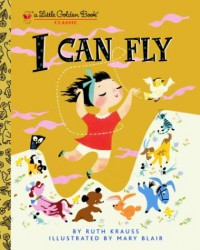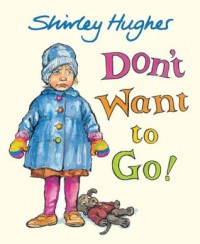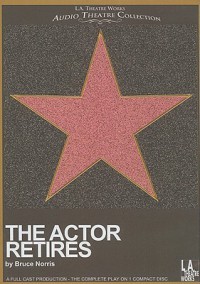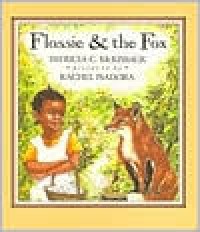Currently reading
Marine Rocky Shores and Community Ecology: An Experimentalist's Perspective (Excellence in Ecology #4)
Theories of Development: Concepts and Applications (5th Edition) (MySearchLab Series)
The Science of Discworld III: Darwin's Watch
ILLUSTRATED HERBAL
Mycelium Running: How Mushrooms Can Help Save the World
The Complete Poems
Tao of Jeet Kune Do
Packing for Mars: The Curious Science of Life in the Void
The Ecology of Plants (2nd Edition)
Beyond Ecophobia: Reclaiming the Heart in Nature Education (Nature Literacy Series, Vol. 1) (Nature Literacy)
 Some good ideas, a lot of generalizations based on the author's rather narrow viewpoint, not backed by solid research.
Some good ideas, a lot of generalizations based on the author's rather narrow viewpoint, not backed by solid research.
I Can Fly (Little Golden Book)
 Imagine the process in the child's head! Birds fly, I fly (on a swing), so I am a bird! That's awesome! Now I want to pretend all the time using the things around me and developing my imagination!
Imagine the process in the child's head! Birds fly, I fly (on a swing), so I am a bird! That's awesome! Now I want to pretend all the time using the things around me and developing my imagination!
The Storyteller
 Should have been 100 pages shorter. I really wanted to find out what happened but did not enjoy reading all of this book all the time. Ending proved worth it, but I'm not dying for a reread.
Should have been 100 pages shorter. I really wanted to find out what happened but did not enjoy reading all of this book all the time. Ending proved worth it, but I'm not dying for a reread.
Five Big Ideas for Effective Teaching: Connecting Mind, Brain, and Education Research to Classroom Practice
 I realize I'm no expert in the field, but to this current Education grad student, the ideas were none too big. And calling them "five" is getting pretty semantically aggressive.
I realize I'm no expert in the field, but to this current Education grad student, the ideas were none too big. And calling them "five" is getting pretty semantically aggressive.
Common Weeds Of Canada: Field Guide
 Reading old field guides to weeds is a glimpse into how plants spread. Fascinating. And clear, simple entries with some very useful ID tips.
Reading old field guides to weeds is a glimpse into how plants spread. Fascinating. And clear, simple entries with some very useful ID tips.
Flood
 4.5 stars. It was long, and this bothered me at times, but only because I really wanted to get to the bottom of the mysteries and have some closure. It was all fascinating, though, and so terrifyingly true: if, may it not be, we see ocean rising of this magnitude this is totally how it would play. Eek.
4.5 stars. It was long, and this bothered me at times, but only because I really wanted to get to the bottom of the mysteries and have some closure. It was all fascinating, though, and so terrifyingly true: if, may it not be, we see ocean rising of this magnitude this is totally how it would play. Eek.
Short Nights of the Shadow Catcher: The Epic Life and Immortal Photographs of Edward Curtis
 Was not into it for the first half--interesting, but not gripping. I'm enough of a Seattle kid that I was into it for the city history though, so stuck it out to the point where Curtis's life gets more exciting. He's a good read, though I did get tired going back to him as a subject rather than continuing to talk about the nations he was studying, which, frankly, seem much more interesting. The very good: on a mission to read more anthropology/ethnology that gets ignored.
Was not into it for the first half--interesting, but not gripping. I'm enough of a Seattle kid that I was into it for the city history though, so stuck it out to the point where Curtis's life gets more exciting. He's a good read, though I did get tired going back to him as a subject rather than continuing to talk about the nations he was studying, which, frankly, seem much more interesting. The very good: on a mission to read more anthropology/ethnology that gets ignored.














